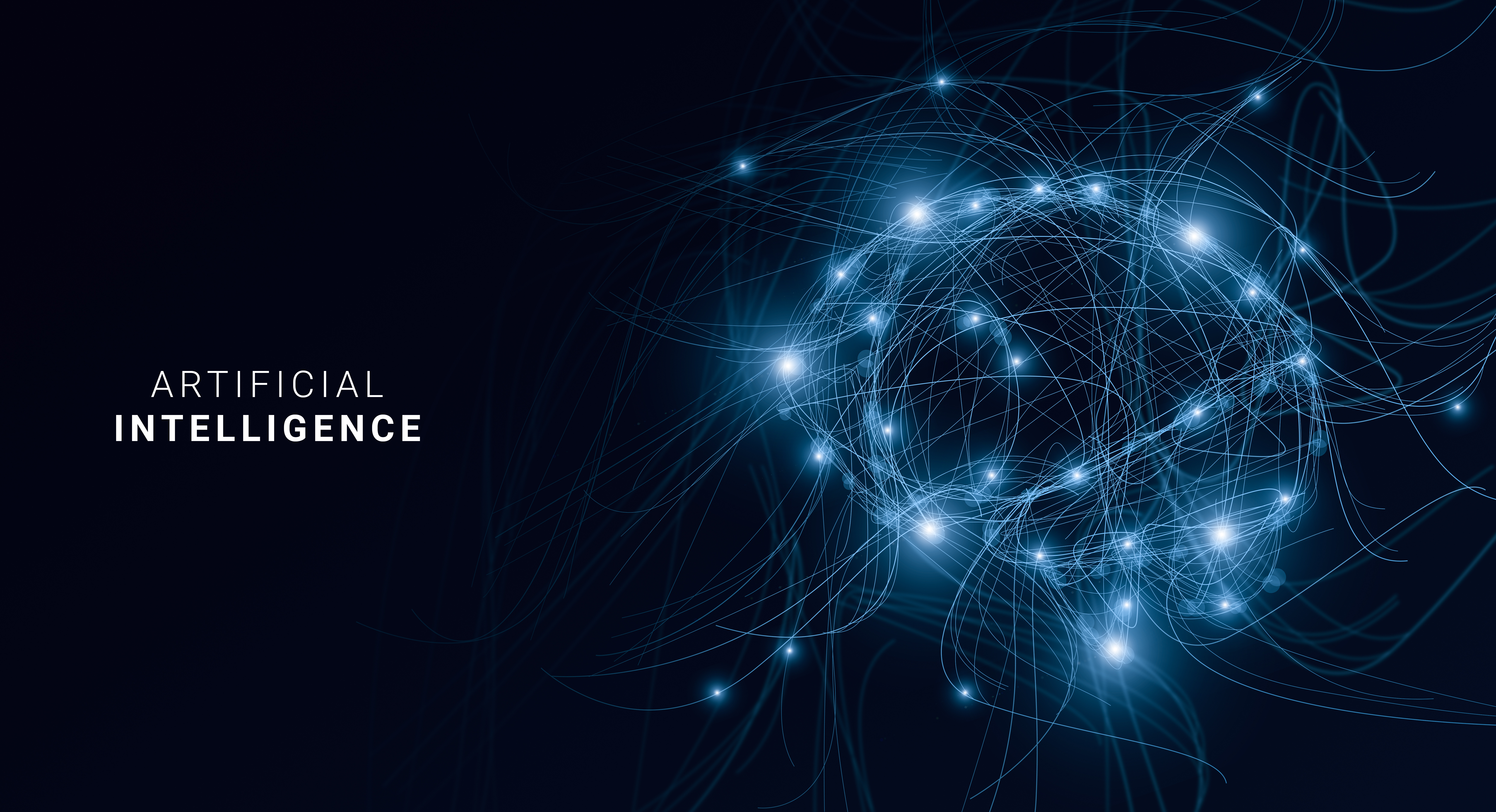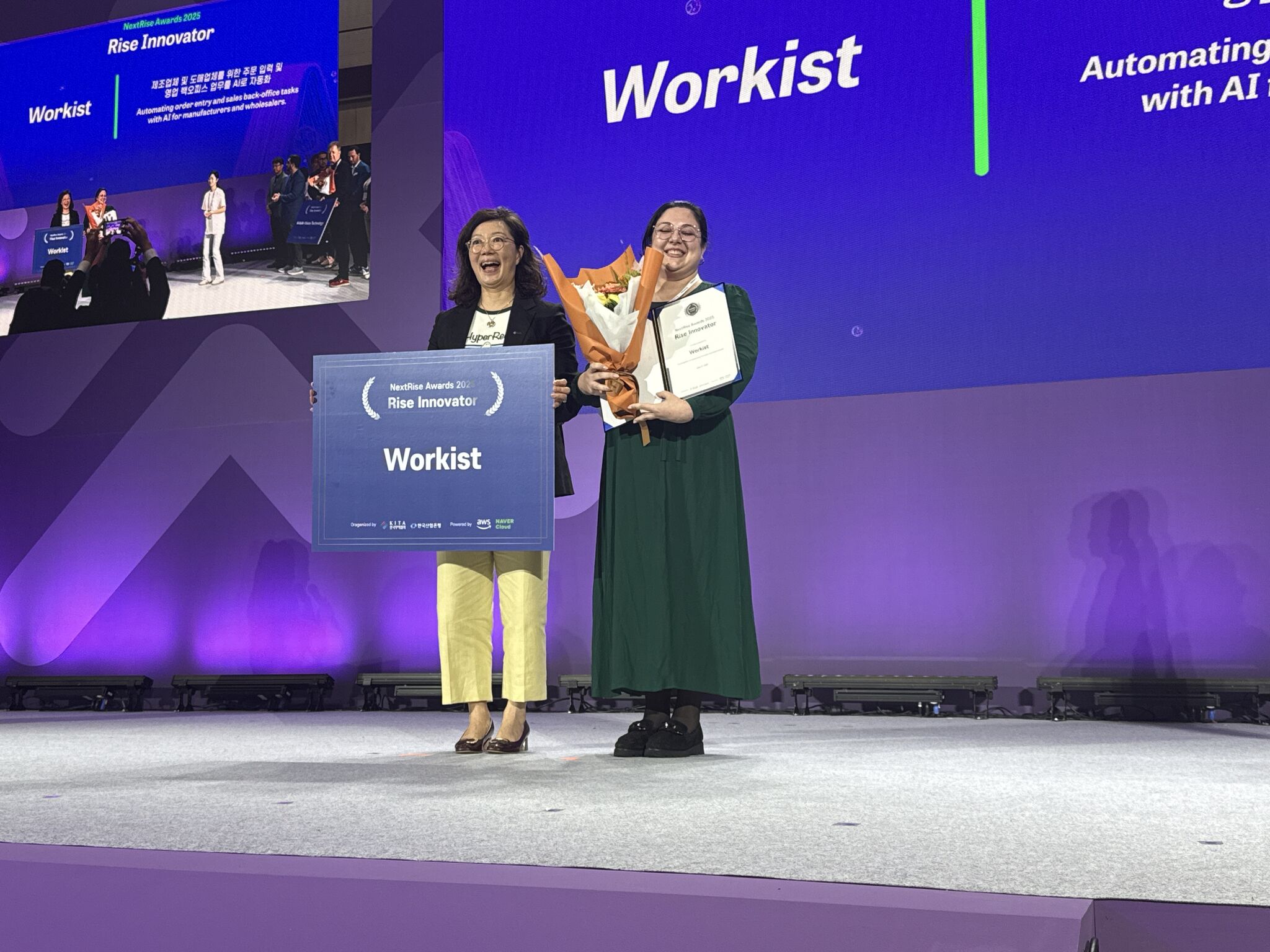Artificial Intelligence (AI) is often heralded as the next big thing, the technology that will change the world as we know it. From self-driving cars to virtual personal assistants, AI is increasingly becoming a part of our daily lives. But what if AI is more than just the next big thing? What if AI is the new steam engine, the catalyst that sparked the Industrial Revolution and transformed society?
The Steam Engine as the Spark of the Industrial Revolution
The Industrial Revolution marked a significant turning point in history, resulting in a dramatic surge in human productivity. Just as the steam engine provided artificial muscle power, liberating human productivity from the constraints of physical strength, AI offers artificial intellectual power, setting the stage for an unprecedented Intellectual Revolution.
Before the steam engine, the GDP per capita remained stagnant for centuries. A blacksmith or shoemaker could only produce enough goods for their immediate community. The output was directly tied to the physical strength of the worker, and scaling production meant employing more people, thereby needing more human muscle power. However, the steam engine disrupted this dynamic, revolutionizing production by converting an energy source — such as lighting a fire — into motion energy — like the swing of a hammer or the propulsion of an automobile.
This transformation was revolutionary and, initially, terrifying for many. The notion of a machine replacing human labor was met with resistance and fear. However, artificial power soon surpassed the capabilities of even the most robust human, opening up unprecedented opportunities to create goods that were previously unimaginable to produce. Over time, the march of progress was inexorable, and a new era of industrialization was born.
The shift from manual labor to artificial power didn’t occur in isolation. It required a cohort of pioneers, innovators like Thomas Edison, Gottlieb Daimler, Werner von Siemens or Henry Ford. These pioneers harnessed this new form of power, introducing innovative products and methods that propelled society forward. As a result, the role of physical strength in income generation diminished over time, replaced by intellectual work, often performed in conjunction with machine-produced goods.
Beginning of a New Era: Artificial Intelligence and Its Pioneers
Fast forward to the present day, and we find ourselves on the cusp of another transformational shift. AI technology is poised to automate human intellectual work, in much the same way the steam engine automated physical labor. Just as a single factory today can produce enough goods for all of humanity without a single person exerting their muscle power, so too can AI generate intelligent and creative content without human intellectual effort.
However, the adoption and integration of AI technology, like the steam engine before it, will not happen overnight. It requires forward-thinking innovators and pioneers who are willing to embrace and adapt to new ways of working. These AI pioneers will be instrumental in creating processes based on AI, automating more and more intellectual work, thereby driving the Intellectual Revolution.
The potential impact of this revolution is profound. AI promises an astronomical boost in productivity. Service companies will require fewer employees to produce the same output, and manufacturing companies will significantly reduce their workforce in areas like administration, marketing, sales or procurement. Corporations generating billions in revenue will need only a handful of employees to oversee all automated processes. Only companies that adopt AI early to drive productivity across the enterprise will be able to participate in this new environment, while many will be priced out of the market by incumbents that rely on AI from the start.
But while the potential benefits of AI are enormous, this revolution is not without its challenges. As AI continues to replace human jobs, concerns about job loss and social inequality are growing. The Intellectual Revolution will require careful management to ensure that the benefits are equitably distributed, and the transition is smooth.
As we stand on the brink of this exciting new era, it’s essential to remember that just as the steam engine did not render humans obsolete, neither will AI. Humans will continue to be indispensable for their creativity, empathy, and ability to think outside the box. AI is here to augment human abilities, not replace them.
The Future of Knowledge Work in the Intellectual Revolution
The profound transformation that AI brings will not only redefine industries and economies but also our understanding of work, productivity, and wealth. The notion of people sacrificing large portions of their lives to office work and repetitive intellectual tasks will seem archaic in this new era. The strenuous labor that people performed in the middle ages is already a marvel to us, and it is likely that future generations will look back at our current work practices with the same disbelief.
AI can democratize access to intellectual work, similar to how the steam engine democratized access to muscle power. With AI, intellectual tasks that were once the domain of highly trained professionals can be completed by anyone, anywhere. This will democratize knowledge work, allowing more people to contribute to intellectual pursuits that were once out of their reach.
However, as AI becomes more integrated into our lives, society will need to navigate a range of ethical and societal questions. What will work look like in a world where AI handles a significant portion of intellectual tasks? How will we ensure that everyone benefits from the productivity gains that AI provides? How do we manage the transition and help those whose jobs are automated by AI?
One potential solution is a universal basic income, which could provide a safety net for individuals whose jobs are automated. But this is just one potential solution, and there are many other social, economic, and political factors to consider.
With most products and services becoming more affordable and ubiquitous due to AI and automation, basic needs could be met for all people around the world, including those in low-income countries. This could lead to a shift in focus from material wealth to other forms of value, such as health, hobbies, family, relationships, community involvement and personal development.
Furthermore, AI could lead to a renaissance in the creative arts. With AI taking over routine tasks, humans will have more time to engage in creative pursuits. This could lead to a flourishing of human creativity and the emergence of new art forms and creative expressions.
Conclusion
Just like the steam engine sparked the Industrial Revolution and led to a period of unprecedented growth and prosperity, AI has the potential to ignite a new Intellectual Revolution. This revolution could completely reshape our world, redefining work, productivity, and wealth. But as we stand on the brink of this exciting new era, we must remember to steer this revolution with care, ensuring that the benefits of AI are equitably distributed and that we create a future that is not just more productive, but also more humane.

%201.jpg)
